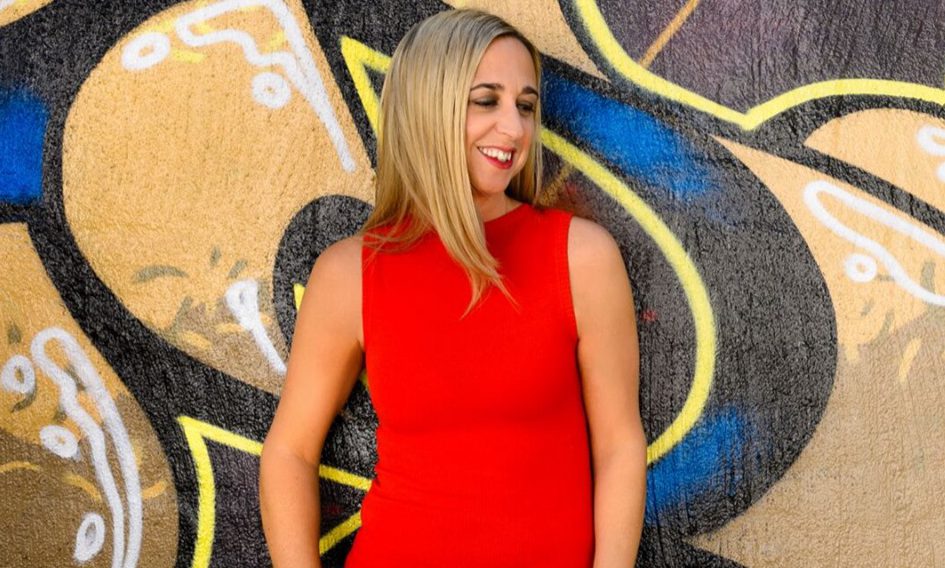Anxiety affects over two million Australians a year and is the most common mental health problem in the country – but is still largely misunderstood.
No stranger to this struggle herself, journalist Jill Stark has written two books about her battles with anxiety: Happy Never After and her most recent book, When You’re Not OK: A Toolkit For Tough Times.
In Happy Never After she recounts the mental breakdown she had after the release of her first book High Sobriety in 2013, and how unconscious mental patterns from her childhood had led to difficulties with anxiety later in life.
Building on her lessons from Happy Never After, she has now launched a workshop called Worrier To Warrior, where she shares what she has learned from living through hard times and how we can all cope better. The workshop had its debut in Melbourne in October, and Stark plans to hold more events soon across Australia.

The workshop in Melbourne was held in Thornbury’s beautiful Prana House, a yoga and wellness studio with light colours and big windows letting in natural light, enhancing a calm and healing atmosphere.
Stark begins by unveiling her experience with anxiety, and how events in her early childhood with family members who were unwell affected her sense of self and safety.
She says our brains get wired to repeat behavioural patterns, depending on what actions in our childhood have been rewarded. This is how our problems with anxiety often begin, and when life throws difficulties in our path we can react in ways we cannot even understand ourselves.
Stark says keeping a journal is a great way to start to uncover these patterns, “to bring unconscious patterns into consciousness”.
At the workshop, she takes us through exercises where we are encouraged to question why we act a certain way or how we would wish things to be. These exercises force us to confront uncomfortable emotions we might otherwise avoid and help build structure in our racing minds.
Stark suggests doing these exercises regularly will help us create distance with our thoughts and make situations that trigger anxiety more bearable.
She also talks about compassion, kindness towards ourselves and how failure is okay. When recovering from a mental illness, setbacks are inevitable and normal.
“It’s often steps forward, back and a whole lot sideways,” she says.
She emphasises that the workshop is not meant to offer the quick fix that many yearn for, and what the positive thinking-industry makes its money from.
Instead there is a focus on becoming more comfortable with uncomfortable emotions and realising they are normal and inevitable.
“It’s not the human condition to be happy all the time,” she says.
Much of our anxiety-ridden culture grows from the fact that despite many of us feeling negative emotions, portraying them is somehow still abnormal. Stark says much of our anxiety comes from “our inability to sit with discomfort”.
This is only reinforced by social media, where only life’s best moments are cherished. She calls this the “fairytale filter” and shares her own examples of difficult times where she still portrayed a polished, happy image on social media.
“Everyone is carrying some baggage you can’t see.”
Stark’s tips for battling anxiety and lessons she has learnt from therapy seem easy to adapt and understand.
Methods such as labelling negative thoughts, or imagining harsh voices in your head speaking in a cartoon character’s voice, may sound foreign at first. But they can help you create healthy distance from your thoughts, or to “get out of your head” – one of the ever-so-helpful advice phrases thrown at people struggling with anxiety.
In our increasingly socially isolated world it can feel like we are facing life’s challenges all by ourselves and that there must be something wrong with us if we are not bursting with happiness all the time. In the midst of a boom of workshops from pottery to salsa dancing, one that can equip people with better tools to deal with their mental challenges is a welcome addition.


